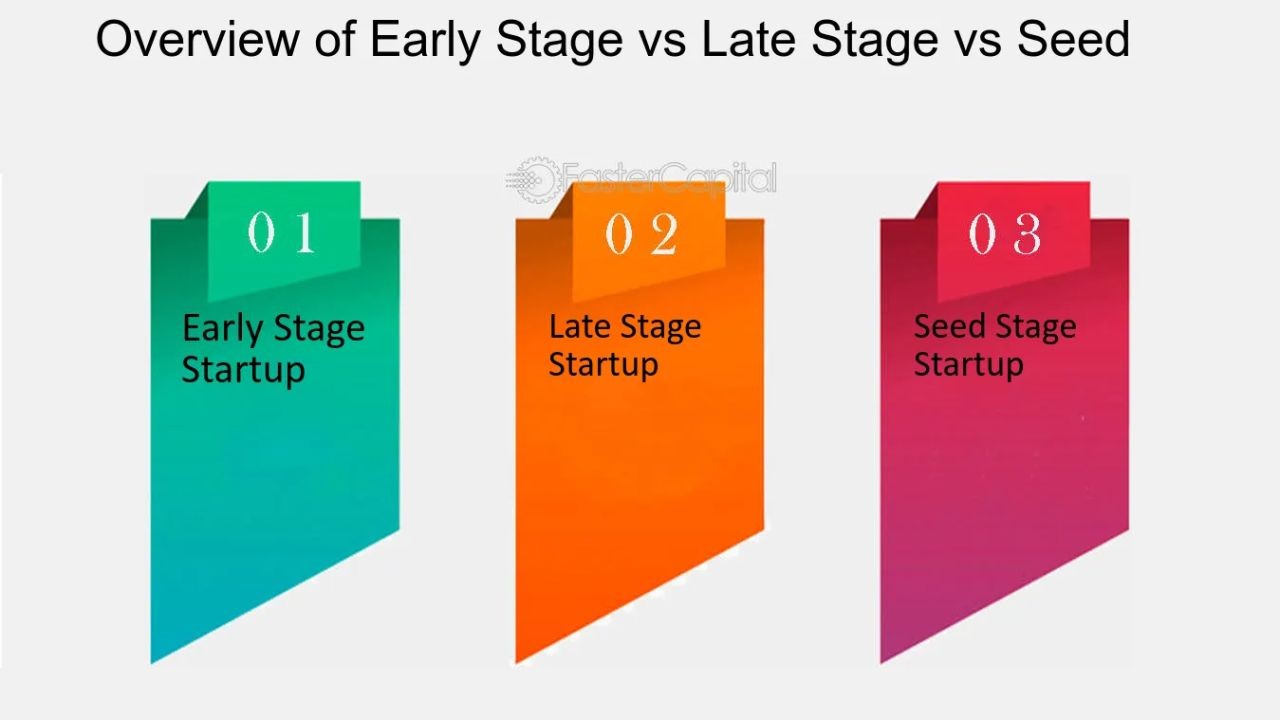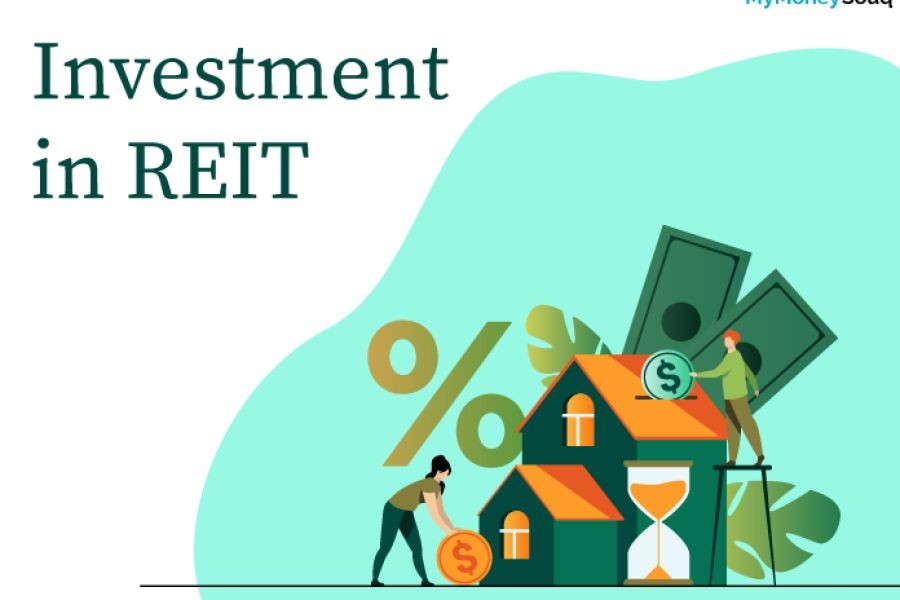In the ever-evolving Australian property market, the debate between off-market and on-market property deals is gaining momentum. Investors are constantly seeking the best avenues to maximize returns while minimizing risks. This article delves deep into both buying strategies, offering insights that are pertinent to the Australian context, backed by real-world examples and authoritative data. We will explore where astute investors are looking and why.
Understanding Off-Market Property Deals
Off-market property deals refer to transactions that occur without public listings. These deals are often facilitated through personal networks, real estate agents, or property consultants. In Australia, the allure of off-market deals lies in their exclusivity and potential for securing undervalued properties, often before they hit the open market.
- Advantages of Off-Market Deals: These deals often allow buyers to avoid the competitive bidding wars typical in on-market listings. They also provide a level of discretion for sellers who may not wish to publicly list their properties.
- Risks Involved: Off-market deals may lack transparency, as there is less public information available on price comparisons and market trends, which can make it challenging to assess the true value of a property.
The On-Market Property Landscape
On-market deals are traditional property transactions where properties are listed publicly via various platforms, including online real estate portals such as Realestate.com.au and Domain. This method is generally more transparent, with extensive data available for comparison.
- Benefits of On-Market Deals: The transparency and abundance of data help in making informed decisions. Moreover, the competitive nature of the market can sometimes drive sellers to offer better pricing or terms to stand out.
- Drawbacks: The public nature of these deals often leads to competitive bidding, which can inflate property prices and reduce the chances of securing a bargain.
Case Study: Off-Market Success in Melbourne
Consider the case of a Melbourne-based investment firm that secured an off-market deal for a commercial property in the city’s burgeoning tech district. The firm, aware of the development plan for the area, recognized the potential for appreciation. By acquiring the property off-market, they avoided a bidding war and secured a purchase price 15% below market value. Within two years, the property’s value increased by 30%, underscoring the strategic advantage of off-market deals when executed with insight and foresight.
Data-Driven Insights from Australian Authorities
According to the Australian Bureau of Statistics (ABS), the residential property market in Australia has seen a 7.5% increase in prices over the last year, with significant variations across different states. The Reserve Bank of Australia (RBA) highlights the importance of understanding local market dynamics and economic indicators when making property investment decisions. For instance, the RBA notes that interest rates and employment rates are crucial factors influencing property values.
Pros and Cons of Off-Market vs. On-Market Deals
Investors need to weigh the benefits and drawbacks of each approach to determine the best fit for their investment strategies.
Pros of Off-Market Deals:
- Potential for lower purchase prices due to reduced competition.
- Greater discretion and privacy for both buyers and sellers.
- Opportunity to negotiate favorable terms directly with sellers.
Cons of Off-Market Deals:
- Limited access to market data can complicate due diligence.
- Fewer properties available for consideration compared to on-market listings.
- Potential for higher risk if not thoroughly vetted.
Pros of On-Market Deals:
- Transparency and access to comprehensive market data.
- Wide selection of properties across various price points.
- Established processes and protections through real estate regulations.
Cons of On-Market Deals:
- Increased competition can drive up prices.
- Longer transaction processes due to public listings and open inspections.
Regulatory Insights and Future Trends
The Australian Prudential Regulation Authority (APRA) has been actively monitoring the property market to ensure sustainable growth and prevent overheating. Recent regulations focus on lending standards, which impact both off-market and on-market transactions. As the market evolves, investors should anticipate more regulatory changes aimed at stabilizing property prices and ensuring fair practices across the board.
Looking forward, the Australian property market is expected to continue its upward trajectory, albeit at a moderated pace. Investors should keep an eye on macroeconomic factors such as interest rates and housing supply, which significantly influence market dynamics. As per a report from CoreLogic, property prices in Sydney and Melbourne are projected to rise by 8% over the next year, driven by demand and limited supply.
Myths and Mistakes in Property Investment
- Myth: Off-market deals always guarantee lower prices.
- Reality: While off-market deals can offer competitive pricing, they do not inherently promise lower prices without thorough market analysis.
- Myth: On-market deals are too competitive and not worth pursuing.
- Reality: On-market listings provide transparency and opportunities for informed decision-making, often leading to better investment outcomes.
Conclusion
For Australian investors, the choice between off-market and on-market property deals should be guided by individual investment goals, risk tolerance, and market knowledge. Both have their merits and can be strategically advantageous when approached with due diligence and market insight. As the property landscape continues to evolve, staying informed and adaptable will be key to capitalizing on the opportunities each type of deal presents.
What's your take on off-market vs. on-market deals? Share your insights and experiences below!
People Also Ask (FAQ)
- How do off-market deals impact property investment in Australia? Off-market deals can provide investors with exclusive opportunities to acquire properties at potentially lower prices, reducing competition and enabling more favorable terms.
- What are the biggest misconceptions about off-market deals? A common myth is that off-market deals always offer better pricing. In reality, without thorough market analysis, these deals can carry significant risks.
- What are the best strategies for implementing off-market property investments? Experts recommend building strong relationships with real estate agents, using property consultants, and conducting detailed market research to identify lucrative off-market opportunities.
Related Search Queries
- Off-market property deals in Australia
- On-market vs. off-market real estate
- Australian property investment strategies
- How to find off-market properties in Sydney
- Real estate market trends in Australia 2024
- Best investment suburbs in Melbourne
- Regulations for property investment in Australia
- Risks of off-market property deals
- Future of Australian property market
- APRA regulations for real estate































